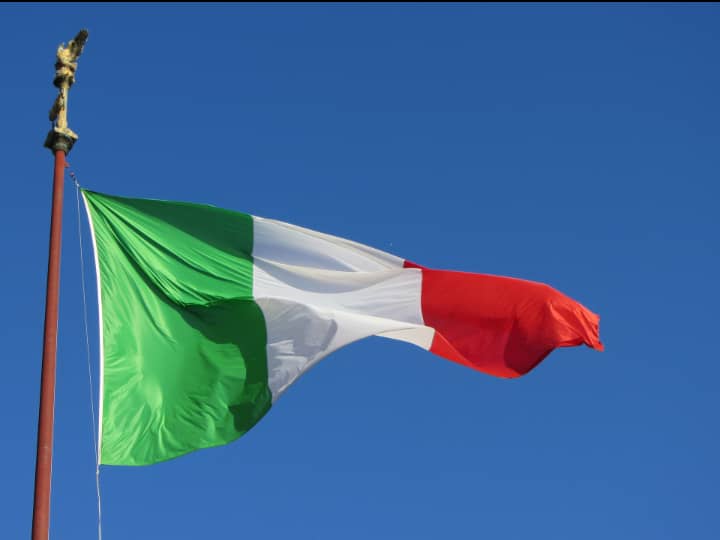PM Matteo Meloni Borrows More to Solve Italy’s Energy Problem
The Treasury has published the year’s Economic and Financial Document (DEF). Giorgia Meloni’s cabinet authorized the paper, which included specific predictions. The document predicted that the budget deficit would equal 4.5 percent of GDP in 2023. This exceeded the 3.4% forecast made by Mario Draghi for September.
Objectives Of the New Administration
Meloni can make expansive decisions once she has the new information. The economy will benefit from these actions, costing around 1.1% of GDP over the next year. While this occurs, the deficit as a share of GDP will continue to fall.
This year, there was a rise in the ratio from 5.1% to 5.6%. Meloni would therefore be able to act right away to deal with the problem of her gas and electricity costs that are fast rising. Meloni, the head of a conservative alliance, took office last month.
She told the press that she would release a decree the following week. As part of the decree, over nine billion Euros would be set aside for an anti-inflation campaign.
During a news conference, she made a few remarks. First, she said that by 2023, they would have freed up between 22 and 23 billion Dollars, all of which will go toward addressing the energy crisis.
The hard-right leader expressed some worries. One example of such concerns is that her alliance’s more ambitious political ambitions would have to wait until the economy recovered.
Significant tax reductions and pension increases are also included in this. This came about after her party’s triumph in the September 25 election.
The Italian government raised its forecast for this year’s growth of the GDP of the nation. On the back of more robust third-quarter forecasted development, the rise went from 3.3% to 3.7%. However, the administration did not change its projection for 2023, which remains at 0.6%.
Sparking Inflation
Giancarlo Giorgetti, the Economy Minister, spoke at the same news conference. A recession in Europe, he said, was becoming more likely. Giorgetti thinks that the recession may affect the Italian economy.
The budget framework for 2023 will serve as the template for the Treasury’s goals. To win approval before the end of the year, Meloni will submit a proposal to the parliament later this month.
Excise tax revenue has increased due to inflation and rising energy prices. However, it has also affected value-added tax, which has surpassed forecasts for the public budget for the current fiscal year.
Based on the EU-harmonized index, inflation hit 12.8% in October. Additionally, this was its highest reading ever since the 1996 start of the series. The large public debt in Italy has also been reduced thanks to the index.
Additionally, the European Union’s fiscal rules continue to be suspended. The suspension was implemented to let the bloc’s economy recover from the COVID-19 pandemic. This gives Meloni the necessary breathing space she needs.
The DEF’s predictions state that the deficit will decline in 2024. As a result, it will meet the previous EU Stability Pact’s 3.0% cap by 2025, which was set before it was terminated.
Giorgetti predicted that Italy’s state debt would steadily decline. As a result, the GDP is forecast to fall from 2021’s 150.3% to 2025’s projected 141.2%. After Greece, Italy has the second-largest public debt in the eurozone. However, there was a delay in the availability of the numbers for the intervening years.







